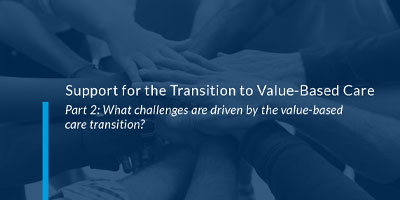Insights
Learn more from thought leaders, videos, webinars, case studies, and more.
Thought Leadership
Literature
Videos
Care Pathways
Beyond Clinical Care Excellence: The Operational Side of Care Gap Closure
Clinical care excellence meets operational reality. Read why pharmacy claims and coding precision make or break care gap closure.
The Precision Approach to Care Gap Closure: Data, Oversight, and Action
From missed statins to unfilled beta-blockers, care gaps are more than oversights—they’re indicators of systemic breakdowns. Explore how health systems can identify, predict, and close these gaps with real-time analytics.
Transforming Diagnoses and Enhancing Clinical Quality
Transforming Diagnoses and Enhancing Clinical Quality: eConsults have significantly elevated clinical quality and care impact by improving health outcomes for patients and enhanced quality of life.
Elevating Care Impact: The Power of eConsults in Healthcare
eConsults in healthcare have significantly elevated care impact by improving health outcomes for patients and enhancing quality of life.
Common Challenges to Achieve Clinical Quality Goals: Containment
Containment in healthcare involves equipping providers with the appropriate recommendations to effectively manage a patient’s care within their practice, without the need for unnecessary referrals…
How eConsults Reduce Overuse of Emergency Departments
What drives overuse of emergency departments? Diminished access to care, long patient wait times, and poor management of chronic conditions.
Improving Patient Outcomes: How Specialists will Contribute to Value-Based Care
In healthcare, the shift towards value-based care is reshaping how providers deliver and patients receive medical services. At the heart of this transformation are specialists. This approach is not just a change in the reimbursement model; it’s a fundamental reimagining of how we define and achieve success in healthcare. Specialists will play a critical role in the realm of value-based care.
Part 3: eConsults for Successful Value-Based Care
Part 3 – Support for the Transition to Value-based Healthcare. Let’s discuss value-based healthcare transition challenges can benefit from adding eConsults.
Part 2: What Challenges are Driven by the Value-Based Care Transition?
Primary care practices, particularly smaller ones, must significantly upgrade their technology. Both to be sure that when they are referring a patient, the patient stays in-network and that the specialist is available to provide care.









